৬ ফাল্গুন ১৪৩২
Islamic Parties of Bangladesh to be United Becoming Alternative to BNP
04 July 2025 14:07 PM
NEWS DESK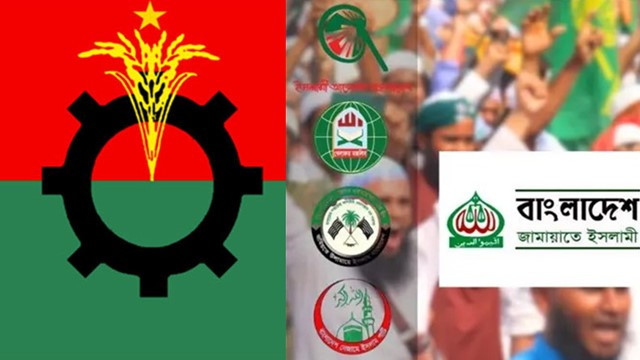
With the 13th national parliamentary polls ahead, the Islamic parties are actively trying to come to an understanding in order to pose as a counter-force to BNP. Alongside Jamaat-e-Islami and Islami Andolan, there are a number of other parties who are endeavouring to emerge as an alternative force to BNP by fielding common candidates in every seat when contesting in the election.
These parties, however, are no terming this understanding as an alliance at the moment. Concerned sources say, no announcement about forming any alliance will be made now. This may take shape after the election schedule is announced. It is still unclear to what extent the National Citizens Party (NCP) will be involved in this process. The party shares a kind of consensus with Islami Andolan and Jamaat on various reform-related issues.
Gazi Ataur Rahman, spokesperson of Islami Andolan Bangladesh told , “NCP too is moving forward with hopes for a new Bangladesh. We have an understanding with them. They also don’t want a new form of fascism to emerge. We have good communication with them. There may be further contact in the future." According to sources, Islamic and centrist parties are preparing to compete with BNP in the next election, assuming that Awami League will not be able to take part.
On key reform issues, including the constitution, most of these parties hold similar positions. Jamaat, NCP, Islami Andolan, and both factions of the Khelafat Majlish, among others, support proportional representation in elections to the proposed Upper House of parliament. Among them, parties like Jamaat and Islami Andolan also favour proportional representation in elections to the Lower House.
They agree on the proposal to form a constitutional and statutory appointments committee to reduce the prime minister’s exclusive authority in appointing officials to constitutional institutions. They also support changing the method of electing the president. Jamaat and the NCP want local government elections to be held before the national election.
On the other hand, BNP has disagreed with many of these proposals. The party believes that seats in the Upper House should be allocated based on the number of seats won in the Lower House. They view the proportional representation (PR) system as complex. They also consider local government elections unfeasible at the moment. In addition, BNP has placed conditions regarding curbing the powers and term limits of the head of government. The party argues that weakening the powers of the head of government could create governance challenges.
This divergence in positions on reforms is seen as creating a space for mutual understanding among the Islamist parties, the NCP, and some others. As part of this, Islami Andolan held a grand rally in Dhaka last Saturday demanding reforms, justice for the July killings, and proportional representation in elections. Leaders from Jamaat, NCP, and various other parties participated in the rally, but no one from the BNP was present, nor were they invited.
The parties that took part in the rally made their differing positions from the BNP clear on both the issues of elections and reforms. In speeches by leaders of several religion-based parties, there were mentions of contesting the elections as an alliance. This is also being seen as a preparatory step toward forming a joint platform of Islamist parties ahead of the election.
Gazi Ataur Rahman, senior joint secretary general of Islami Andolan, told that people want to see an alternative force in power in the future. With that goal in mind, the idea of forming a united alliance is being considered, and this has brought everyone closer together. He said, “We are neither for nor against anyone. It’s only natural that everyone will try for good results in the election. We must adopt the most effective strategy for that.”
It has been learned that five qawmi-oriented parties among these groups have recently formed a liaison committee to discuss the proposed alliance. The first initiative to bring the Islamic vote into a "single basket" was taken by the pir of Char Monai and ameer of Islami Andolan, Syed Muhammad Rezaul Karim. In April, four other registered Islamic parties joined his initiative. These parties are, Bangladesh Khelafat Majlish, Jamiat Ulema-e-Islam, Nezame Islam Party and Khelafat Majlish. On 23 April, these five parties held a joint press conference announcing a preliminary understanding among themselves.
Earlier, during an informal meeting in Barishal with the pir of Char Monai, the ameer of Jamaat-e-Islami had also agreed on the need to unite the Islamic vote. Since then, Islami Andolan and Jamaat have held several informal meetings or discussions, which are still ongoing.
BNP leaders believe that the key players behind the statements and activities opposing BNP on issues of elections and reform are Jamaat-e-Islami and Islami Andolan. Although Jamaat participated in the BNP’s 1 July event marking the anniversary of the mass uprising, Islami Andolan did not. While BNP claimed the party had been invited, Islami Andolan spokesperson Gazi Ataur Rahman told that, they had not received any invitation from the BNP.
At the BNP event, Jamaat’s central assistant secretary general, Maulana Abdul Halim, gave a brief and restrained speech in which he recalled Jamaat’s participation in the united movement under Khaleda Zia’s leadership. Earlier, on 20 June, during a party event in Khulna, Jamaat-e-Islami secretary general Mia Golam Porwar stated that there had been a kind of understanding among the country’s Islamic parties, and that in the upcoming election, there would be a single ballot box for the Islamic parties.
This reporter spoke to Mia Golam Porwar last Sunday about the matter. He told, “Efforts at reaching an understanding are ongoing. There is a shared thinking among everyone, in principle. However, this is not yet an electoral alliance. Discussions are still underway. Once the election schedule is announced, and candidates are selected and their positions on the ground are assessed, an alliance may then be declared.”
The secretary general of Jamaat-e-Islami further said that this is not about being for or against anyone. The idea is to form an electoral alliance with Islamic and patriotic parties that embrace the spirit of the July mass uprising, stand against fascism, and are committed to preventing its return. The alliance is being considered among those who support the idea of consensus, who oppose authoritarian rule, and who do not want to see the return of a dark era.
At present, with Awami League absent from the political field, BNP is being viewed as the strongest force. However, there is concern among smaller parties that if BNP comes to power, their significance may diminish. Political analysts believe that this fear, combined with the smaller parties’ positions on reform, is pushing the Islamic groups toward forming a united alliance. It remains to be seen how far this process of understanding progresses and how much it ultimately influences the electoral landscape.




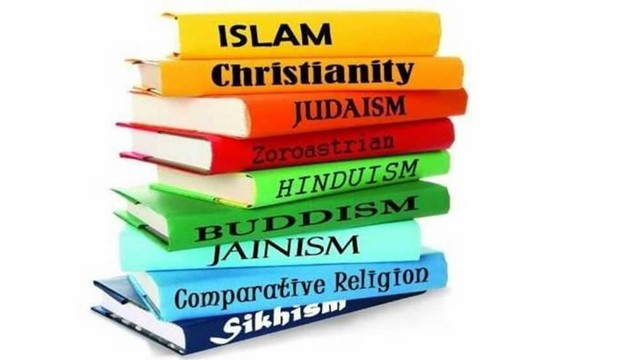
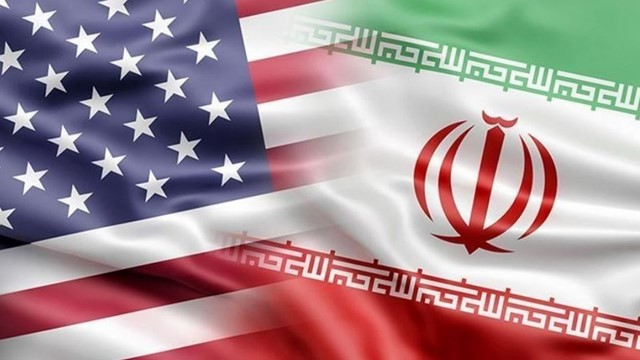
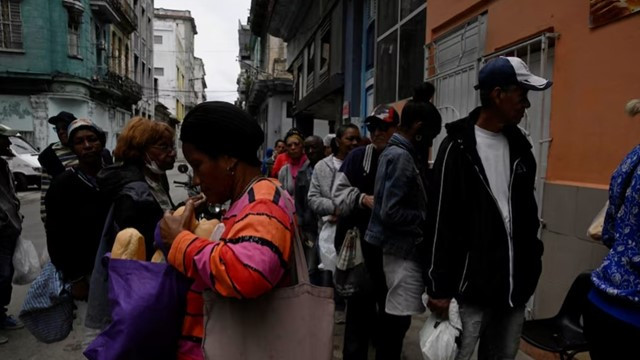
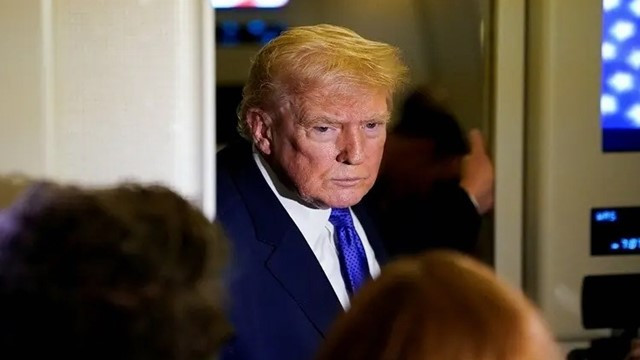
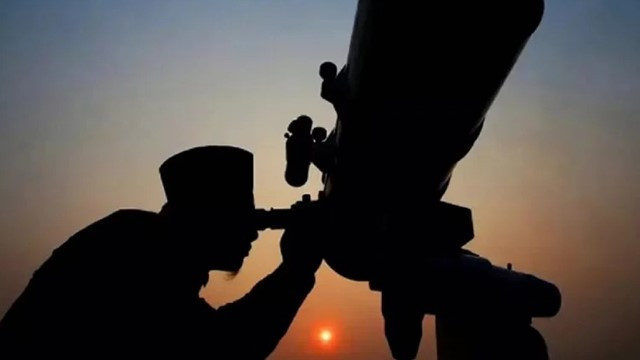
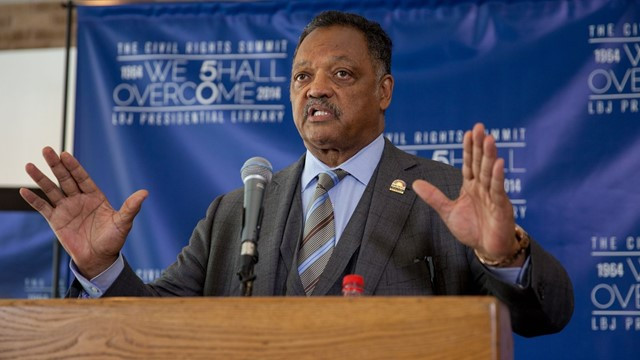
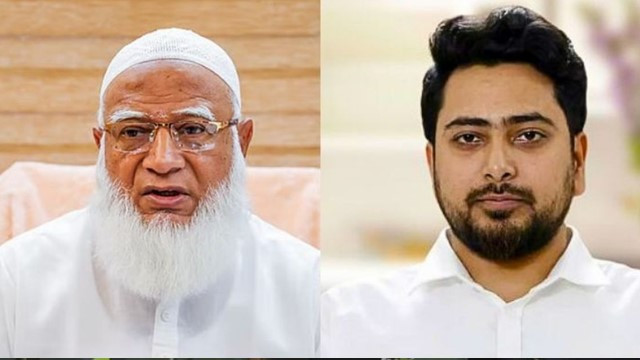
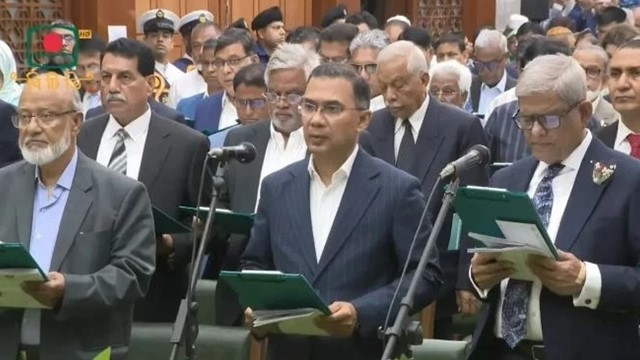
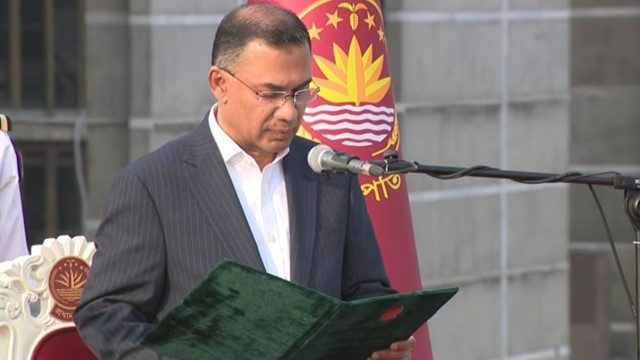
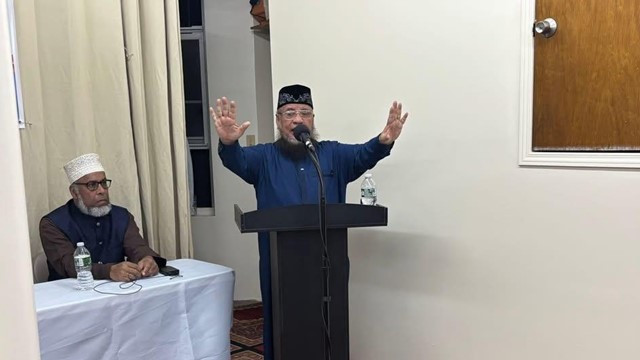
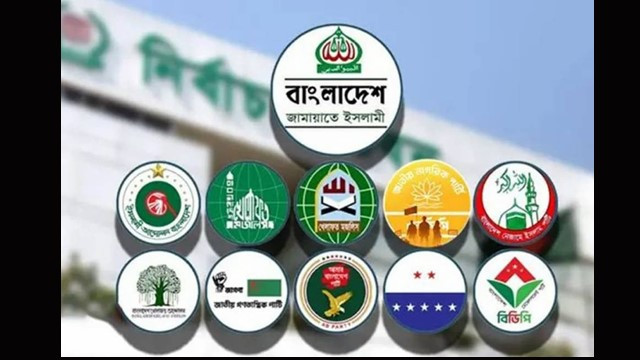
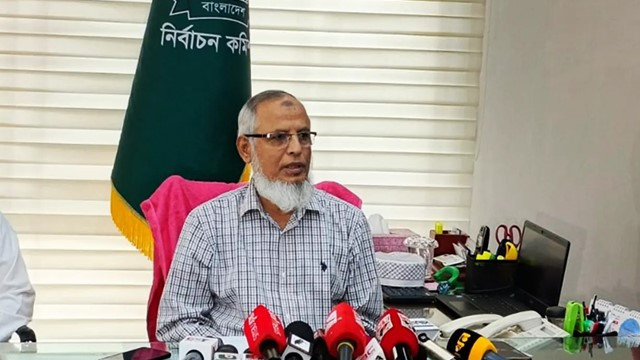
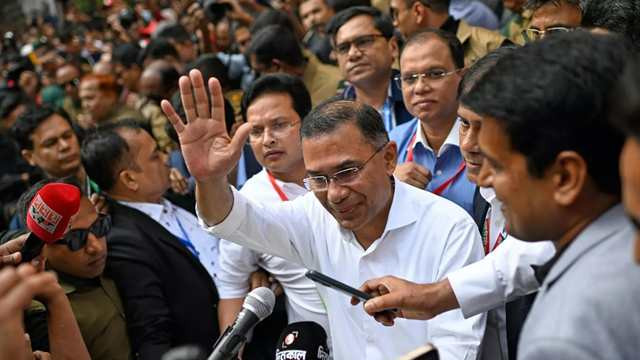
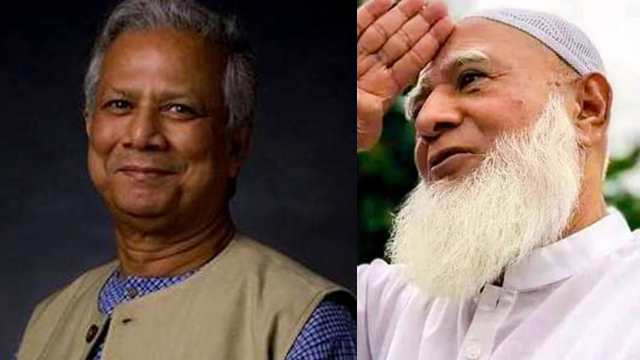
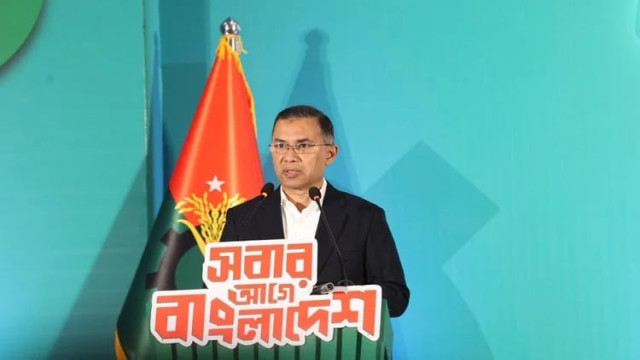
Comments Here: